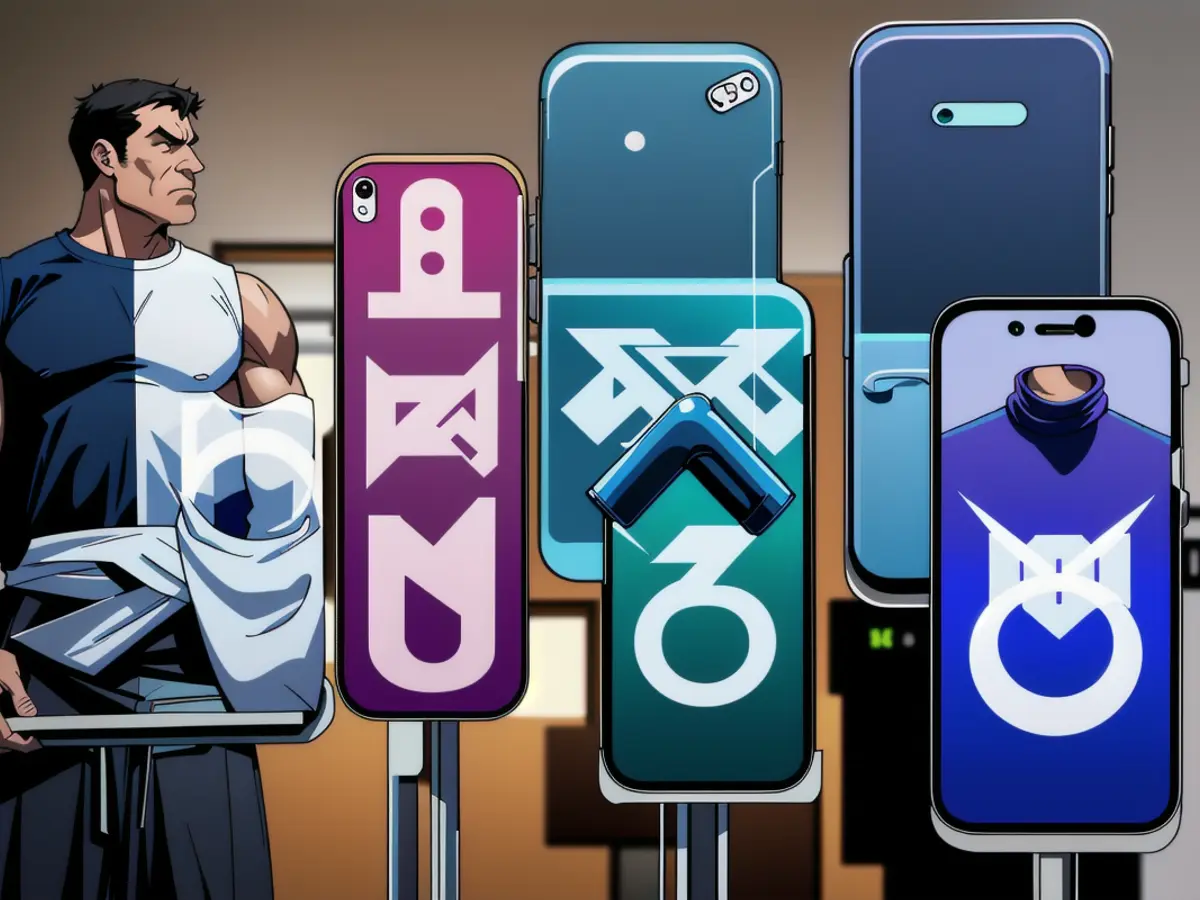Apple Allegedly Drops Concept of iPhone as a Subscription Service
Apple's initiative to introduce an iPhone subscription service was apparently scrapped before it even took off, as per reports from Bloomberg. The tech giant reportedly dropped a project that would have permitted users to pay a monthly fee for yearly iPhone upgrades, essentially transitioning phone ownership into a model akin to leasing a car.
The thought process behind this scheme, as reported back in 2022, was to shift the device purchasing pattern. Instead of sale or installment-based payments spanning several years, customers would pay a fixed monthly fee for device access. The opportunity to upgrade to the latest iPhone model would arise every time a new version was released.
The primary objective was to increase recurring payments and maintain users within the Apple ecosystem. Though the change in payment method might not significantly impact many consumers, they would indeed pay a consistent, monthly fee for the right to upgrade their device. However, they would never really own the phone, but this is currently a norm for individuals locked into two to three-year financing plans.
The slowdown in device upgrades, attributed to users' prolonged installment payment plans and a lack of compelling iPhone features, has reportedly influenced this decision. Shifting device ownership to a subscription model would eliminate the inconvenience of upgrading and speed up the sale of new devices. It would also potentially irritate some telecom executives, as it could entice consumers to move away from carrier-owned devices to Apple's platform.
However, the subscription concept overlooks a crucial aspect of the user experience: individuals tend to keep their belongings for extended periods. A 2023 YouGov survey revealed that seven in ten Americans prefer to retain devices for at least two years, and roughly one in six would cling to their phones for five years or more if possible. Furthermore, Gallup discovered that more than half of respondents solely upgrade devices when necessary, either because their current device malfunctions or becomes outdated.
If Apple successfully redefines the relationship between consumers and their devices, the desire to attain exclusive ownership might wane. In such a scenario, users might consider upgrading their devices more frequently, even if the monthly cost remains the same. But until then, iPhone ownership will proceed as it always has: by paying a disliked carrier a monthly fee until the phone finally belongs to the user.
In the realm of tech innovation, Apple's contemplated subscription service for iPhones could potentially shape the technology landscape of the future. Despite abandoning the project, the concept attracted attention for its potential to transform how consumers interact with their devices.
Regardless of Apple's decision, the future of tech might encourage more subscription-based models, reflecting the changing dynamics of device ownership and consumer preferences.








